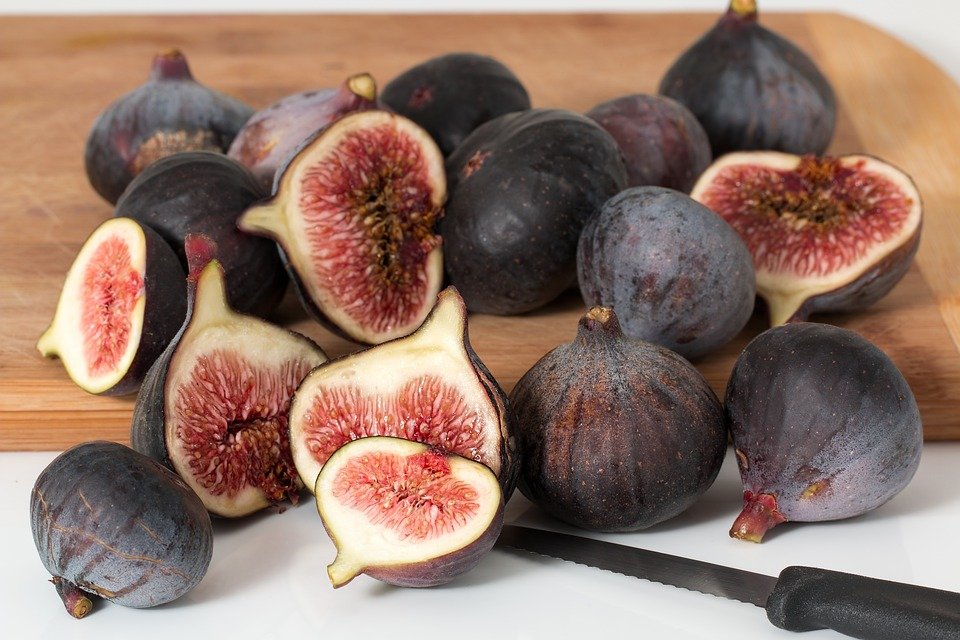Lose Weight Portion Control: the Key to Successful Weight Loss
Introduction
Are you struggling to lose weight? Have you tried various diets and exercise routines without getting the desired results? The solution to your weight loss woes might lie in portion control. Many people underestimate the impact of portion sizes on their weight loss journey. In this article, we will delve deeper into the concept of portion control and how it can help you shed those extra pounds. By understanding the importance of portion control and implementing it in your daily life, you can achieve your weight loss goals more effectively.
What is Portion Control?
Portion control refers to the practice of consciously regulating the amount of food you consume in each meal or snack. It involves understanding appropriate serving sizes and ensuring you do not exceed them. In a world where super-sized meals and oversized snacks have become the norm, it is easy to lose track of what constitutes a healthy portion. Portion control brings awareness to your eating habits, enabling you to make better choices and maintain a balanced diet.
The Benefits of Portion Control
1. Achieve Caloric Deficit: Weight loss occurs when you consume fewer calories than your body burns. By practicing portion control, you can create a caloric deficit without feeling deprived. It allows you to enjoy a variety of foods while still maintaining a calorie-controlled diet.
2. Regulate Blood Sugar Levels: Consuming large portions of high-carbohydrate or sugary foods can cause spikes in blood sugar levels. By controlling your portions, you can prevent these spikes, which in turn helps regulate your energy levels and reduces the risk of developing chronic diseases like diabetes.
3. Enhance Digestion: Overeating can put a strain on your digestive system, leading to issues like indigestion, bloating, and discomfort. Portion control ensures that you eat just the right amount of food, allowing your digestive system to function optimally.
4. Develop Healthy Eating Habits: Portion control helps you develop a better relationship with food by promoting mindful eating. It encourages you to savor each bite, pay attention to hunger and fullness cues, and make conscious choices about what and how much you eat.
5. Long-Term Weight Maintenance: By practicing portion control, you develop sustainable eating habits that can be maintained even after you reach your weight loss goals. It prevents future weight gain and helps you maintain a healthy weight in the long run.
How to Practice Portion Control
Now that we understand the benefits of portion control, let’s explore some practical strategies to incorporate it into your daily routine:
1. Use Measuring Tools: Invest in measuring cups, spoons, and a kitchen scale to accurately measure your food portions. This will give you a better idea of appropriate serving sizes and help you avoid overeating.
2. Read Food Labels: Familiarize yourself with food labels to understand the serving sizes mentioned. Compare it with the portion you intend to eat and adjust accordingly. Be mindful of hidden sources of calories, such as added sugars and fats.
3. Practice Mindful Eating: Slow down and pay attention to your body’s hunger and fullness cues. Eat slowly, savoring each bite, and stop eating when you start feeling satisfied. This prevents mindless overeating.
4. Opt for Smaller Plates: Use smaller plates and bowls to create an illusion of a fuller plate. This psychological trick can help you feel satisfied with smaller portions.
5. Plan Ahead: Plan your meals and snacks in advance. This allows you to portion out your food and avoid impulsive eating choices. Preparing your meals at home also gives you more control over portion sizes.
Conclusion
Portion control is a powerful tool for weight loss and maintaining a healthy lifestyle. By understanding appropriate serving sizes and implementing strategies to regulate your food intake, you can achieve your weight loss goals more effectively. Remember, portion control is not about deprivation; it’s about making conscious choices and developing a healthier relationship with food. So, start incorporating portion control into your daily routine and witness the positive impact it has on your weight loss journey.
Most Common Questions Concerning Lose Weight Portion Control
What is portion control and why is it important for weight loss?
Portion control refers to managing the quantity of food you eat in order to achieve and maintain a healthy weight. It is important for weight loss because it helps you control your calorie intake and prevent overeating. By practicing portion control, you can effectively manage your weight and improve your overall health.
Three most important information:
1. Portion control involves managing the quantity of food consumed.
2. It helps in controlling calorie intake and preventing overeating.
3. Practicing portion control can lead to weight loss and improved health.
How can portion control be achieved?
Portion control can be achieved through various strategies. One effective approach is to use smaller plates and bowls to reduce the amount of food you serve yourself. Another method is to measure your food using measuring cups or a food scale. Additionally, being mindful of portion sizes and listening to your body’s hunger and fullness cues can also help you practice portion control.
Three most important information:
1. Use smaller plates and bowls to reduce portion sizes.
2. Measure food using measuring cups or a food scale.
3. Be mindful of portion sizes and listen to your body’s hunger and fullness cues.
What are some tips for practicing portion control?
Here are some useful tips for practicing portion control:
1. Read food labels to understand the recommended serving sizes.
2. Use visual cues to estimate portion sizes, such as associating a serving of meat with the size of a deck of cards.
3. Divide your plate into sections, with vegetables taking up half of the plate, protein occupying a quarter, and whole grains filling the remaining quarter.
Three most important information:
1. Read food labels to understand serving sizes.
2. Use visual cues to estimate portion sizes.
3. Divide your plate into sections for balanced meals.
What are the benefits of portion control for weight loss?
Practicing portion control can offer several benefits for weight loss, including:
1. It helps you create a calorie deficit, which is necessary for weight loss.
2. It teaches you to be more mindful of what and how much you eat.
3. It allows you to enjoy a wide variety of foods while still maintaining a healthy weight.
Three most important information:
1. Portion control helps create a calorie deficit for weight loss.
2. It promotes mindful eating habits.
3. It allows for a balanced diet while managing weight.
Can portion control alone lead to weight loss?
While portion control is an important aspect of weight loss, it is not the sole factor. It should be combined with a balanced diet that includes a variety of nutritious foods and regular physical activity. A comprehensive approach that includes portion control, healthy eating, and exercise is more likely to lead to successful and sustainable weight loss.
Three most important information:
1. Portion control alone is not sufficient for weight loss.
2. It should be combined with a balanced diet.
3. Regular physical activity is important for successful weight loss.
1. Portion control means starving yourself
One common misconception about portion control for weight loss is that it requires starving oneself. However, this is far from the truth. Portion control is about eating the right amount of food to meet your body’s needs, not depriving yourself of essential nutrients. It is important to focus on nutrient-dense foods that provide satiety and support a healthy metabolism, rather than drastically reducing your calorie intake.
2. Skipping meals is an effective way to control portions
Another misconception is that skipping meals is an effective strategy for portion control. While it may seem logical to skip a meal to reduce calorie intake, this can actually backfire. Skipping meals can lead to extreme hunger and overeating later on, making it harder to control portions. It is more effective to spread your meals throughout the day, focusing on smaller, balanced portions that provide sustained energy and prevent excessive hunger.
3. All portion sizes are the same for everyone
Many people mistakenly believe that portion sizes are the same for everyone. However, portion sizes should be personalized based on individual factors such as age, gender, activity level, and overall health goals. What may be an appropriate portion for one person may not be the same for another. It is important to consider your own nutritional needs and consult with a healthcare professional or registered dietitian to determine the right portion sizes for you.
4. Portion control means eliminating all your favorite foods
Some people believe that portion control requires eliminating all their favorite foods from their diet. While it is important to be mindful of portion sizes, it does not mean you have to give up all your favorite treats. The key is moderation and balance. You can still enjoy small portions of your favorite foods while incorporating nutrient-dense options into your diet. It is about finding a sustainable approach that allows for occasional indulgences without compromising your overall health and weight loss goals.
5. Portion control is a short-term solution
A common misconception is that portion control is only a short-term solution for weight loss. However, portion control is a lifelong habit that can support long-term weight management and overall health. It is not a quick fix or a temporary diet plan. By learning to control your portion sizes and developing a healthy relationship with food, you can create sustainable habits that contribute to a healthy weight and promote overall well-being. Portion control should be seen as a long-term lifestyle change rather than a temporary solution.
Lose Weight Portion Control
#Lose #Weight #Portion #Control


